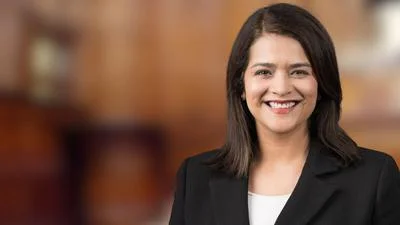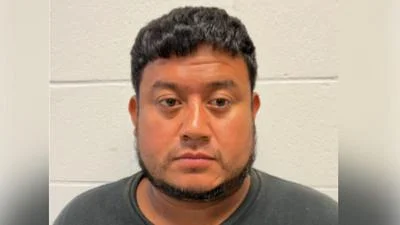Belvedere Trading, founded in 2002, is a global proprietary trading firm known for its success in financial markets. | Facebook / Belvedere Trading
Belvedere Trading, founded in 2002, is a global proprietary trading firm known for its success in financial markets. | Facebook / Belvedere Trading
William C. Carlson, the founder and former managing member of Belvedere Trading has come forward with explosive allegations of financial misconduct within the firm he helped build, stating under oath that he was defrauded of tens of millions of dollars in equity.
Carlson has submitted his findings to the Illinois Attorney General’s Office noting evidence pointing to years of concealed activity and financial injury, insisting the case may go beyond civil wrongdoing.
The Consumer Protection Division of the Illinois Attorney General's Office noted receipt of Carlson’s claim in April 2025. A call made to the Illinois Attorney General's Office by Chicago City Wire was not returned by press time.
“The company needs to be investigated because there is new information that just surfaced weeks ago,” Carlson told Chicago City Wire.
Carlson, an Illinois native who now lives in Colorado, built his early career at the Chicago Board Options Exchange and still maintains LLCs and professional ties in the trading world.
A former member of all three major Chicago trading exchanges, Carlson attributes the situation to events that began in the early years of Belvedere Trading.
Founded in January 2002, the company had reached $100 million in profits by 2008, its seventh full fiscal year.
Belvedere has since grown into a global proprietary trading powerhouse. Currently, Belvedere Trading LLC is valued at $3–5 billion and generates annual earnings of up to $500 million.
“It's a multi-billion dollar company that I started alone,” Carlson said.
Carlson insists much of that success is due to his initial efforts and vision.
He claims that after stepping back briefly in 2005 for health reasons, a group of younger partners began pushing him out and hiding key financial records and transactions.
“Younger guys wanted the founder out. And the conduct — and this is all documented,” he said. “Conduct and behavior and actions that took place where we're fiduciaries, and essentially a number of younger guys in the company thought they owned the company.”
Carlson has spent over a decade challenging a 2008 settlement under which he was paid $17.5 million. That challenge has included multiple arbitrations and lawsuits, including legal malpractice claims and appeals up to the U.S. Supreme Court, which declined to hear the case in 2023.
In December 2008, Carlson presented documentation to U.S. Attorney Patrick Collins detailing alleged wire fraud, financial misrepresentation and unauthorized transfers, but no action was taken
In a sworn affidavit dated March 27, 2025, Carlson accused former partners Thomas Hutchinson and Owen O'Neill of orchestrating a scheme to oust him from the company and divert funds.
Carlson said that a 2010 forensic report by CPA Robert Cooper—commissioned by Carlson but allegedly concealed until late 2024—describes ‘criminal fraud and criminal conduct’ in writing, including improper wire transfers and misrepresented equity calculations that formed the basis of a 2008 $17.5 million buyout settlement.
The recently disclosed report confirms Carlson held a 43% stake in the firm—significantly more than what was used in his payout—and supports his claim that the release may be void due to withheld information.
“I was deprived of approximately $35 million dollars of my ownership interest in Belvedere,” Carlson said in the affidavit.
The Cooper report concludes that Carlson could not have reasonably understood or verified the profit allocations used to calculate his 2007 buyout due to incomplete and misleading financial disclosures by his partners, and that key provisions of the firm's operating agreement—particularly those governing profit allocation—were not properly followed.
According to Carlson, Cooper’s report also included detailed financial analysis that shows multiple unauthorized wire transfers of company funds, including seven-figure amounts and payments to spouses for silence, were made from old accounts to new JPMorgan Chase accounts while Carlson was still Managing Member.
“It's not good,” he said. “I mean, it’s really, really bad conduct and these are big dollars.”
He also believes legal remedies may still exist despite previous settlements, which he claims were based on incomplete or intentionally misleading information.
Carlson is urging law enforcement and regulatory agencies to take formal action.
“It’s too big of an event for this to not be fully addressed and fully investigated,” he said.





 Alerts Sign-up
Alerts Sign-up